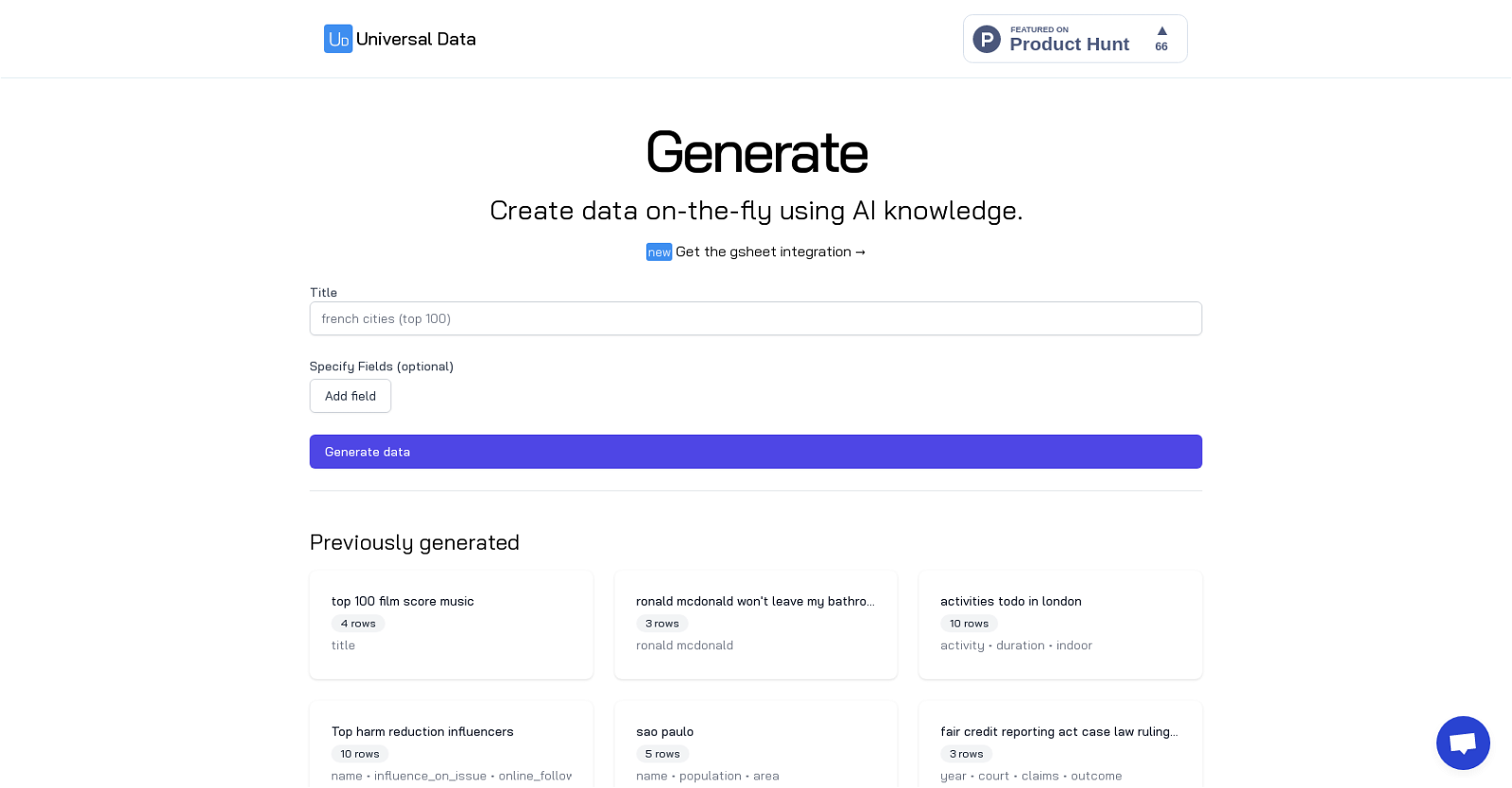Universal Data is a free, open-source tool for labeling data for machine learning applications. It can be used to label images, text, and audio data, and it supports a variety of labeling tasks, such as object detection, classification, and segmentation. Universal Data is easy to use, even for non-technical users, and it can be embedded into existing applications.
Here are some of the key features of Universal Data
Simple and easy to use Universal Data is designed to be as simple and easy to use as possible, even for non-technical users. The user interface is intuitive and straightforward, and there are no programming skills required.
Flexible and powerful Universal Data supports a variety of labeling tasks, including object detection, classification, and segmentation. It can also be used to label data in a variety of formats, including images, text, and audio.
Extensible Universal Data is extensible, so users can add their own custom labeling tasks and features.
Open source Universal Data is open source, so it is free to use and modify.
Here are some of the benefits of using Universal Data
Reduces the time and cost of data labeling Universal Data can help you to reduce the time and cost of data labeling by providing a simple and easy-to-use tool that can be used by anyone on your team.
Improves the quality of your data Universal Data can help you to improve the quality of your data by providing a variety of tools and features that can help you to ensure that your data is labeled accurately and consistently.
Increases the accuracy of your machine learning models By using Universal Data to label your data, you can increase the accuracy of your machine learning models, which can lead to better results.
If you are looking for a free, open-source tool for labeling data for machine learning applications, then Universal Data is a great option. It is easy to use, flexible, and powerful, and it can help you to reduce the time and cost of data labeling, improve the quality of your data, and increase the accuracy of your machine learning models






